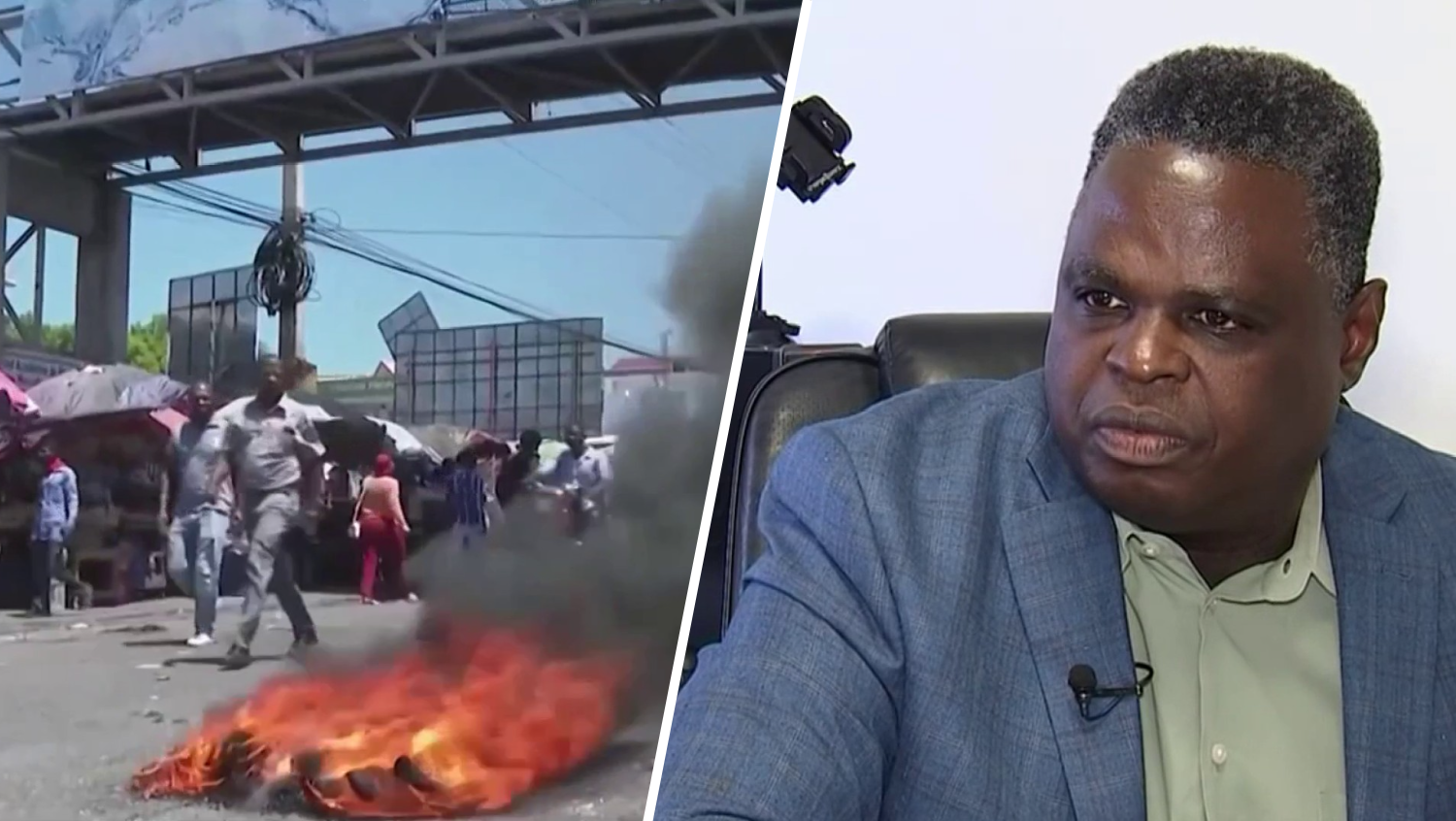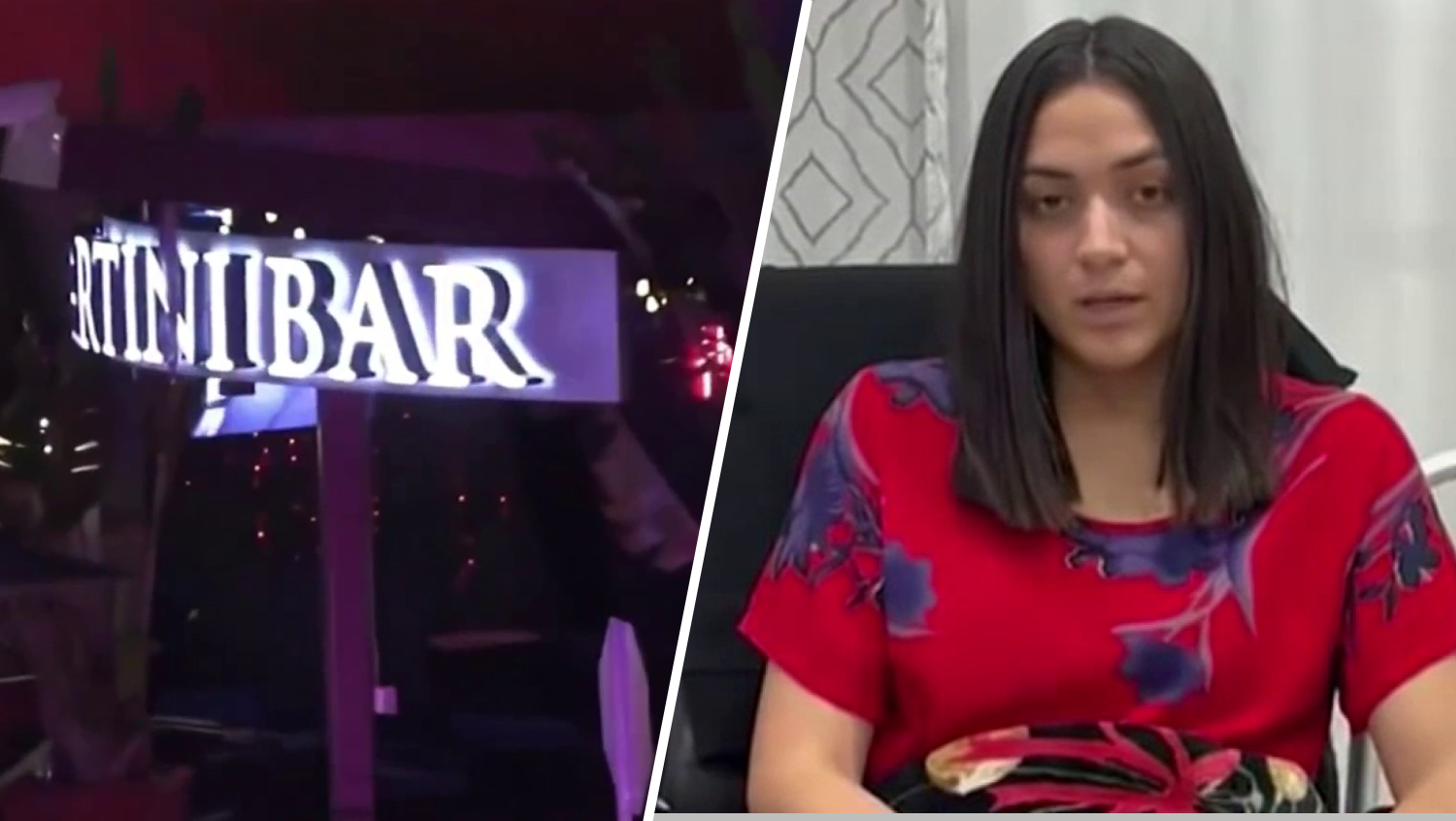The verdict is in, and the saga of impermissible benefits provided by rogue University of Miami booster Nevin Shapiro is finally over. Now that the NCAA has announced its relatively minor sanctions against the school, Hurricanes fans can finally put to rest fears that the governing body would bring the hammer down on the U.
If there is one word to describe the mood of Canes fans on Tuesday, it is "relief." When Yahoo Sports initially broke the story of the Shapiro affair in 2011, there were very real fears that the NCAA could impose the so-called "death penalty" (a temporary suspension of the entire football program) for the school's role in the scandal.
Indeed, a few weeks after the Yahoo report, Sports Illustrated called on UM President Donna Shalala to self-impose a one-year ban on football at the school as penance for UM's lack of institutional control. The NCAA finally did rule that the school lost institutional control, but that it did not warrant the death penalty, or anything close to it.
Instead, the NCAA revoked nine scholarships over three years from the football team, and another three from the basketball team. Along with three years of probation, two years of self-imposed postseason bans, some previously self-imposed recruiting restrictions, and some minor changes to the school's enforcement policies, that is the entirety of Miami's punishment.
It is telling that UM said Tuesday it does not plan to appeal any of the sanctions levied by the NCAA.
"We're going to move on," Shalala said Tuesday. "We've got a lot of work to do in the compliance area. We've obviously put a lot of new things in place over the last three years. But making sure that we reduce the risk — significantly reduce the risk — of this happening again is an ongoing, continuous improvement strategy."
Compare that to what the University of Southern California received only a few years prior (30 scholarship losses in addition to two bowl bans and four years of probation, among other penalties), and it seems like Miami got off light in some respects. Those USC sanctions were the result of impermissible benefits received by just two players (Reggie Bush and OJ Mayo).
Local
Shalala and the university helped themselves in a number of ways. Self-imposing bowl bans in 2011 and 2012 and returning major monetary gifts provided by Shapiro exhibited genuine contrition. In a press conference Tuesday, NCAA Committee on Infractions Chairman Britton Banowsky commended Miami's cooperation with the investigation, specifically mentioning the bowl bans.
Those bowl bans kept Miami out of the ACC Championship Game in 2012, but may have prevented the 2013 team from being shut out of the ACCCG this season (the 6-0 Canes sit atop the ACC Coastal Division and are ranked in the top ten for the first time since 2009) and a potential BCS bowl even if Miami does not win its division.
Of course, UM got considerable help from the NCAA, whose missteps in its investigation include paying Shapiro's attorney to depose key witnesses for the organization in Shapiro's bankruptcy case. It is quite arguable that UM came out of this scandal with less prominent a black eye than the NCAA itself, as commentators across the nation have lobbied criticism at the organization for overreaching in the UM case.
None of that matters to UM now, though. While the NCAA still has to answer questions regarding its handling of the UM case and inconsistencies between UM's penalties and USC's penalties for similar violations, the Canes are free.
Earlier this year, the UM athletic department adopted the slogan "Full Speed Ahead" for the current school year, and it became clear Tuesday just how prescient those words were.



